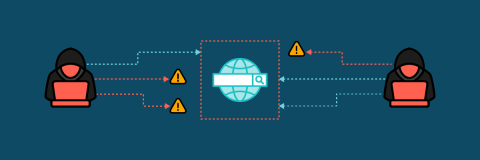CVE-2024-24919: Zero-Day Vulnerability Detected in Check Point Products
Note: This vulnerability remains under active exploitation, and Kroll experts are investigating. If further details are uncovered by our team, updates will be made to the Kroll Cyber Risk blog. A critical zero-day vulnerability, being tracked as CVE-2024-24919, has been discovered and patched in a number of Check Point products. This vulnerability has a CVSS score of 8.6 assigned by Check Point and is actively being exploited in the wild with proof of concept (POC) exploits available.










